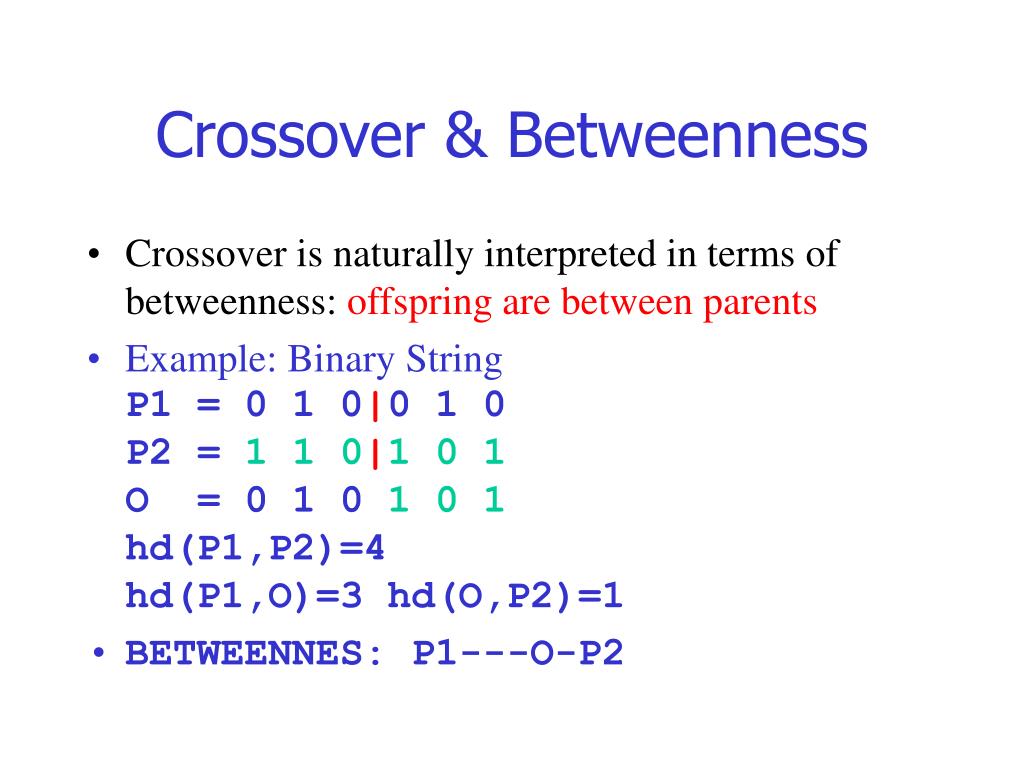

Many of you have asked: are expensive / exotic capacitors worth the money? Well, only you can answer that question. Try to obtain the blend of sound that matches your hi-fi system, personal taste and budget the best. It's just like cooking, a bit of pepper here, a pinch a salt there, etc. Using different caps in different places throughout the crossover can help you achieve the sonic character you are after. So just replacing everything with "the best" capacitor you can find usually doesn't lead to optimum results. A higher rating does not automatically mean "better", it is related to the implementation which capacitor will ultimately sound best in a given system. The higher the quality of a hi-fi-system the more obvious the differences between various capacitors can be. I have compiled a pdf-list of the ratings that can be downloaded by clicking on the image below.
#Celebrity crossover definition full
Please read the full Capacitor Test for more information about each specific capacitor. In the end it is all about the right combination! This means that it is very well possible that, for example, in a certain system a capacitor rated 8 points can sound "better" than a capacitor rated 11 points. Also note that on this scale from zero to twenty the large majority of the capacitors is situated around the middle (10 points + /- 3 points) - keep that in mind when choosing suitable contenders. A higher rating does not automatically mean that one capacitor is better than another! A hi-fi system is a very complex sum of many variables, a capacitor is only one small part of that total, so depending on implementation results may vary.

This scale is based purely on sound quality, the price has been left out of consideration. Just for fun, I give each participant a rating on a scale from 0 to 20.


Over time it is possible that I re-evaluate my previous conclusions. I also do direct A-B comparsions with previously tested capacitors to determine the relative differences. The evaluation consists of listening to capacitors over a longer period of time, this way I get a good idea of what each capacitor does and doesn't do in day to day use. Testing is done by listening to various good quality recordings on CD, hi-res streaming audio and everyday high bite-rate internet radio. I use solid-state and tube amplification, analogue and digital source equipment and several different interlinks and speaker-cables during the process of evaluation that takes several months of extensive listening. The capacitors are tested in many different loudspeakers, varying from the ones I happen to be building at the time, to the many other speakers I have. The subjective results of this test are meant to give you a general idea of the audible differences between capacitors when used in passive loudspeaker crossovers. If you get any side effects, go have a drink with a friend or relative :-)ĪBOUT THE HUMBLE HOMEMADE HIFI CAPACITOR TEST If passed on to others, it may harm them, even if their systems are the same as yours. This webpage has been prescribed for you only. If you have any further questions, send me an e-mail. Please read all of this information carefully before you start using this capacitor test because it contains important information for you.


 0 kommentar(er)
0 kommentar(er)
